
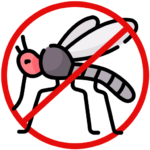
General Pest Control
General pest control is the process of managing or eliminating common household pests that can invade and damage homes, buildings, and crops. Common pests include insects, rodents, birds, and other animals that can cause nuisance to people and damage to property or pose a health risk to humans and animals.
Pest control methods can include both chemical and non-chemical approaches. Chemical methods involve the use of pesticides, while non-chemical methods may include physical barriers, exclusion, and biological control.
Integrated Pest Management (IPM) is a common approach used in general pest control. IPM involves the use of multiple strategies to manage pests in a way that is effective, environmentally sensitive, and economically viable. This approach may include identifying the pest, monitoring its activity, selecting appropriate control methods, and evaluating the effectiveness of the control measures.
Effective pest control also involves understanding the biology and behavior of the target pest, as well as minimizing the conditions that encourage pest activity, such as reducing food and water sources, sealing cracks and gaps in buildings, and practicing good sanitation practices. Regular inspections and ongoing maintenance can also help prevent pest infestations from occurring.

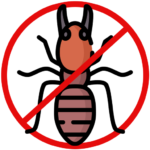
Termite Control
Termite control is the process of managing or preventing termite infestations in a home or building. Termites are small and destructive pests that feed on cellulose-based materials, such as wood, paper, and cardboard. Termite attacks can cause extensive damage to homes, buildings, and products if left untreated, making termite control an important aspect of property maintenance.
The process usually begins with a termite inspection to determine the extent of the infestation and the best course of action. After the inspection, the pest control professional will typically recommend a treatment plan that may involve both chemical and non-chemical methods.
There are several methods of termite control, including chemical treatments and baiting systems. Chemical treatments involve the application of insecticide solutions to the soil around the building to create a barrier that termites cannot cross and this is one of the most effective ways to control termite infestations. Termite Baiting systems are a new approach to termite elimination, it involves placing bait stations around the perimeter of the building to attract termites and then killing them with a slow-acting toxin, which they feed on and taken back to the colony, which will eventually eliminate the entire colony.
Regular inspections and maintenance by a professional pest control company can also help to prevent termite infestations by identifying early warning signs of termite activity and taking appropriate action before the problem becomes severe.
It’s important to note that termite control can be a complex and challenging process, and it’s best to work with a qualified professional to develop a termite management plan that is appropriate for your specific situation.
Get A Free Quote Today
Fill out the form to get started
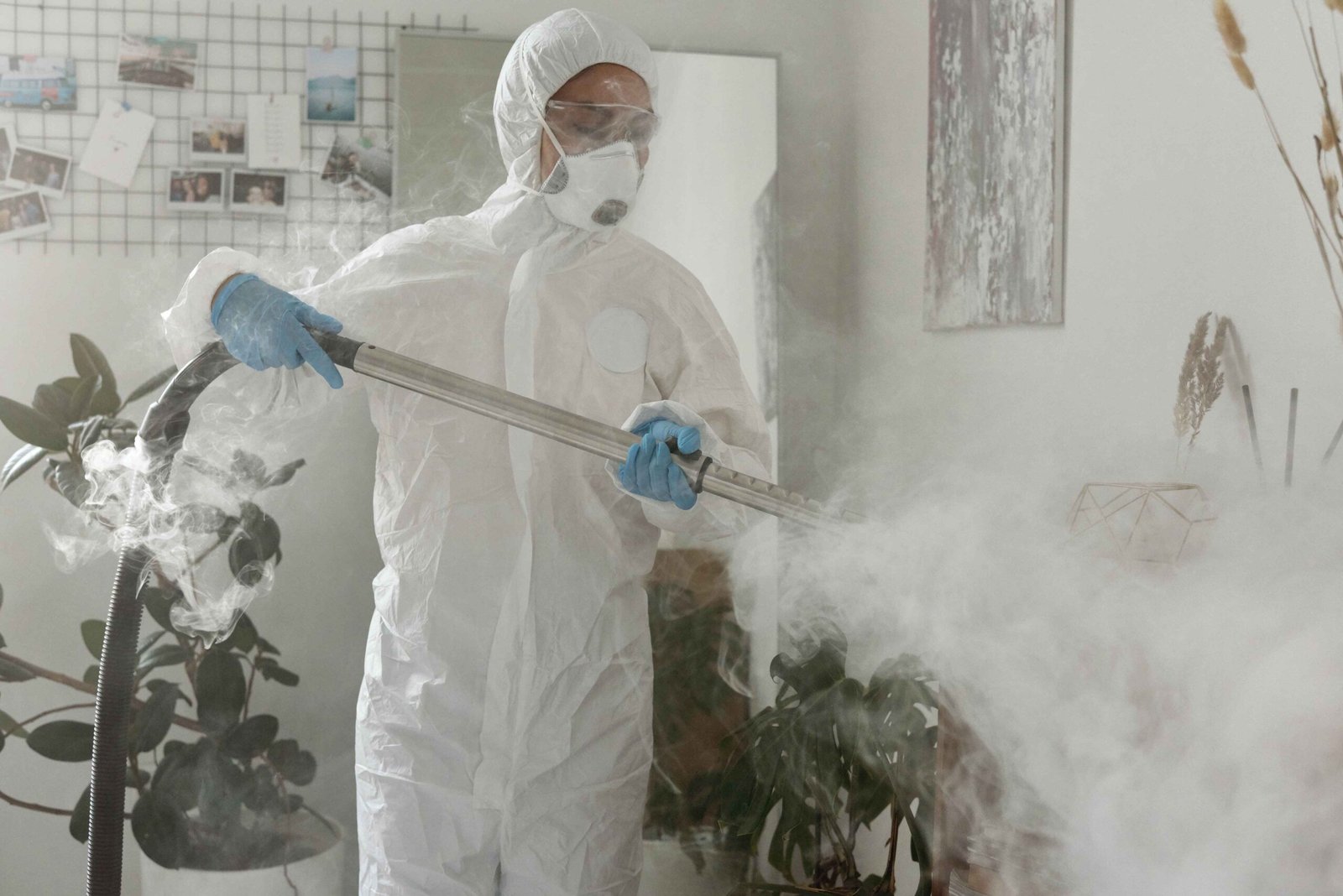
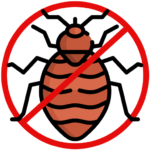
Fumigation Service
Fumigation is a method of pest control that involves using gas or fumigant to eliminate stored product insects and other pests in buildings or storage facilities. This method is commonly used to control insects that infest stored products, such as grains, seeds, and other agricultural commodities.
Stored product insects can cause significant damage to stored products, leading to financial losses for businesses and individuals. They can also contaminate stored products with their feces, excretions, and dead bodies, making them unsuitable for consumption or use. These insects include beetles, weevils, moths, and mites, among others. They are attracted to food products that are high in protein and carbohydrates, such as grains, cereals, and dried fruits.
Fumigation is an effective method of controlling stored product insects as it can penetrate deep into the storage area and kill insects at all stages of their lifecycle, including eggs, larvae, pupae, and adults. During the fumigation process, the stored food products are sealed in an airtight enclosure, and the fumigant gas is introduced and released into the enclosure.
Fumigation should only be carried out by trained and licensed professionals, as the use of fumigants can be dangerous if not handled properly. Proper safety precautions should be taken, such as wearing protective equipment and ensuring that the storage area is properly ventilated before the products are released for human consumption.
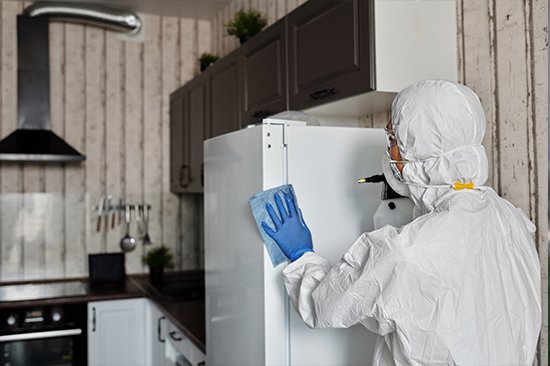
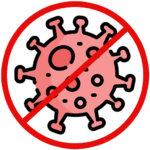
Disinfection Service
Disinfection service refers to the process of eliminating or reducing the presence of harmful microorganisms such as viruses, bacteria, and fungi on surfaces or in the air. Disinfection services are highly recommended in areas where there is a high volume of people such as hospitals, schools, workplaces, public transportation, and homes.
Disinfection services typically involve the use of disinfectants, to kill or inactivate microorganisms on surfaces and enclosed air space. The type of disinfectant used and the method of application may vary depending on the surface and the target microorganisms.
In the Philippines, disinfection services have become increasingly important due to the COVID-19 pandemic. COVID-19 is a highly contagious virus that can spread through respiratory droplets when an infected person talks, coughs, or sneezes. It can also be spread by touching a surface contaminated with the virus and then touching one’s face.
It is worth noting that while disinfection services can help to reduce the risk of transmission of COVID-19, they are not a substitute for other preventive measures, such as vaccination, social distancing, and wearing masks. It is important to continue to follow public health guidelines and take all necessary precautions to protect yourself and others from COVID-19.
Overall, disinfection services can play a valuable role in preventing the spread of COVID-19, but should always be used in conjunction with other preventative measures for the best results. It’s important to note that disinfection services do not provide a guarantee of complete eradication of all harmful microorganisms, and regular cleaning and sanitation are necessary to maintain a hygienic environment.
